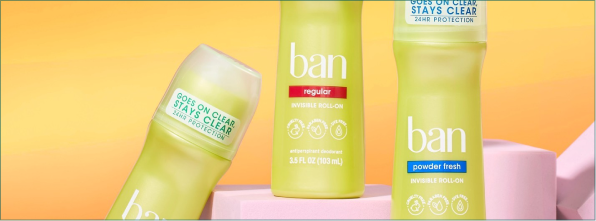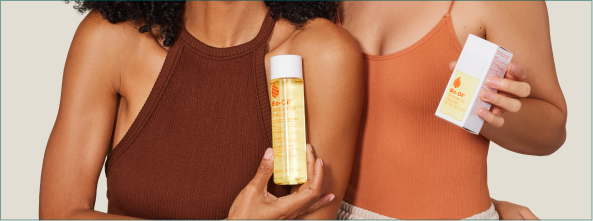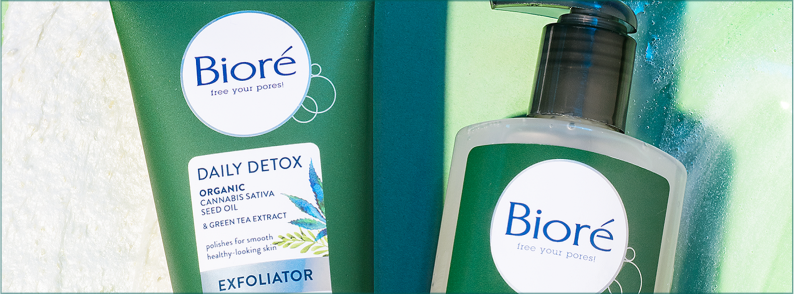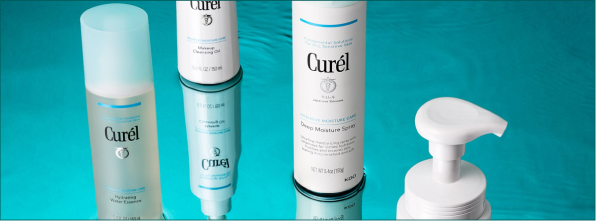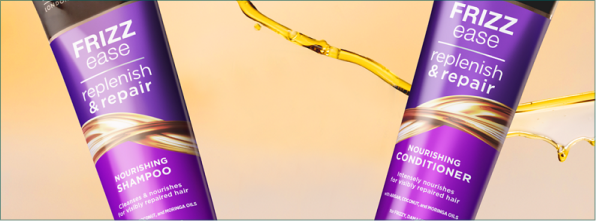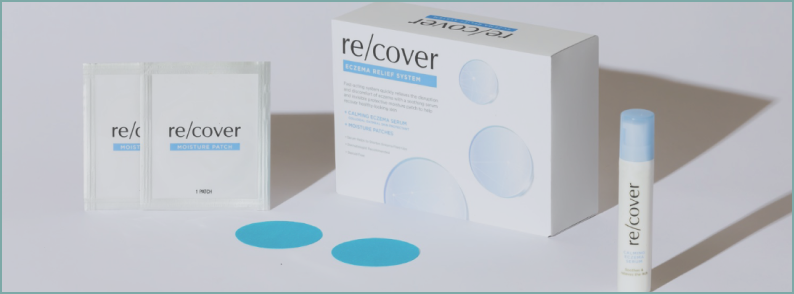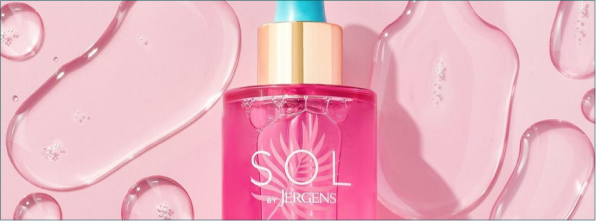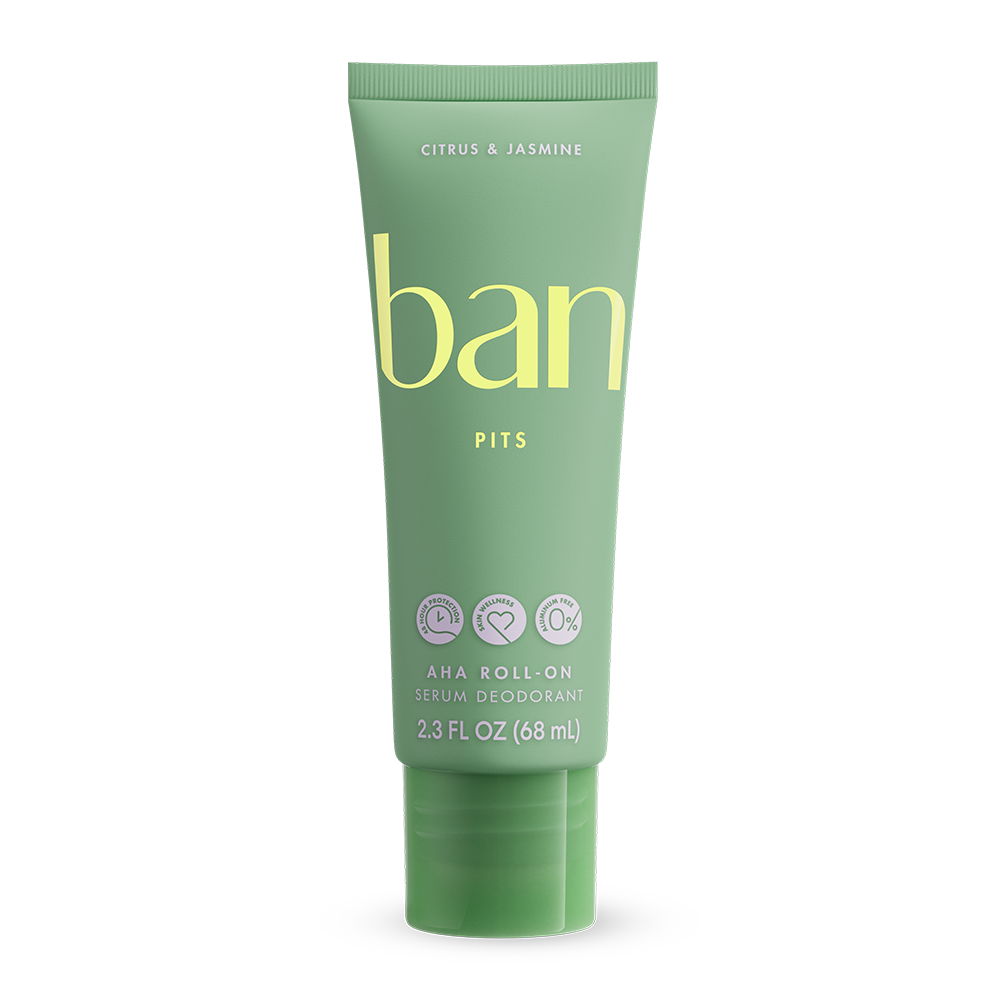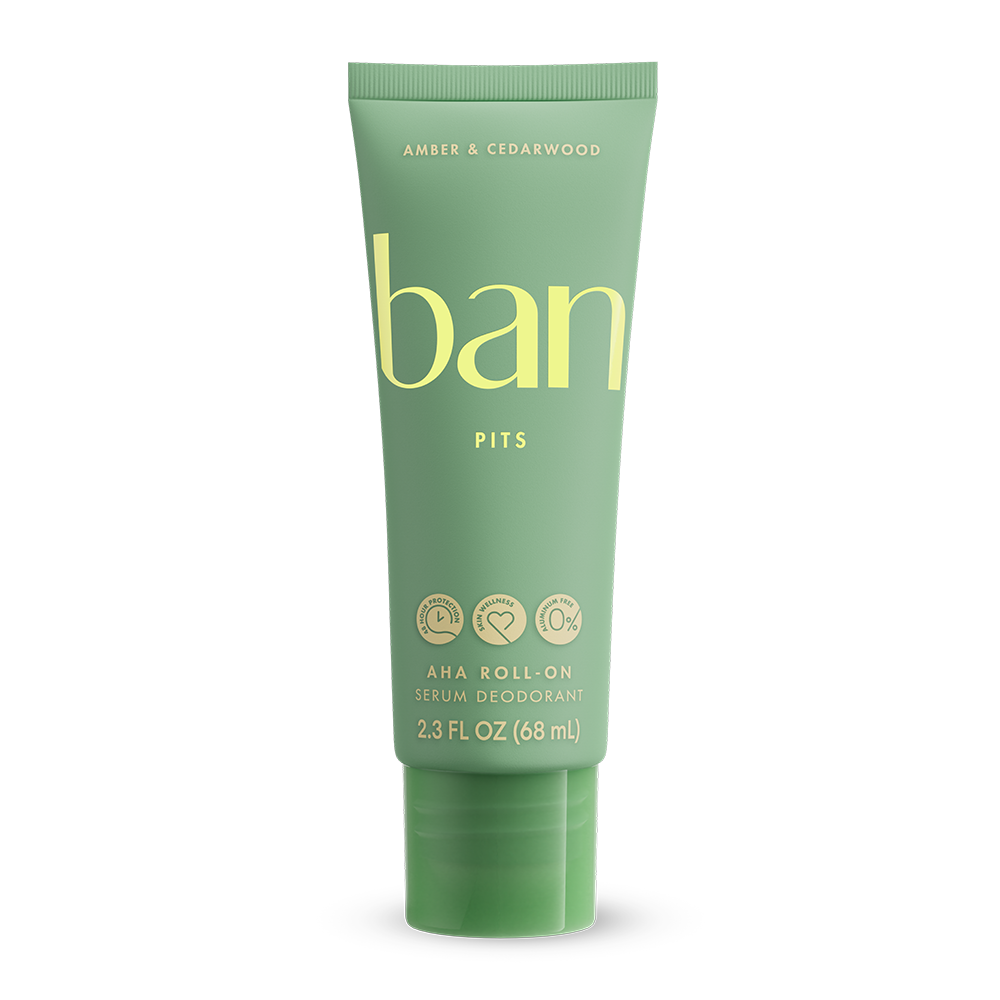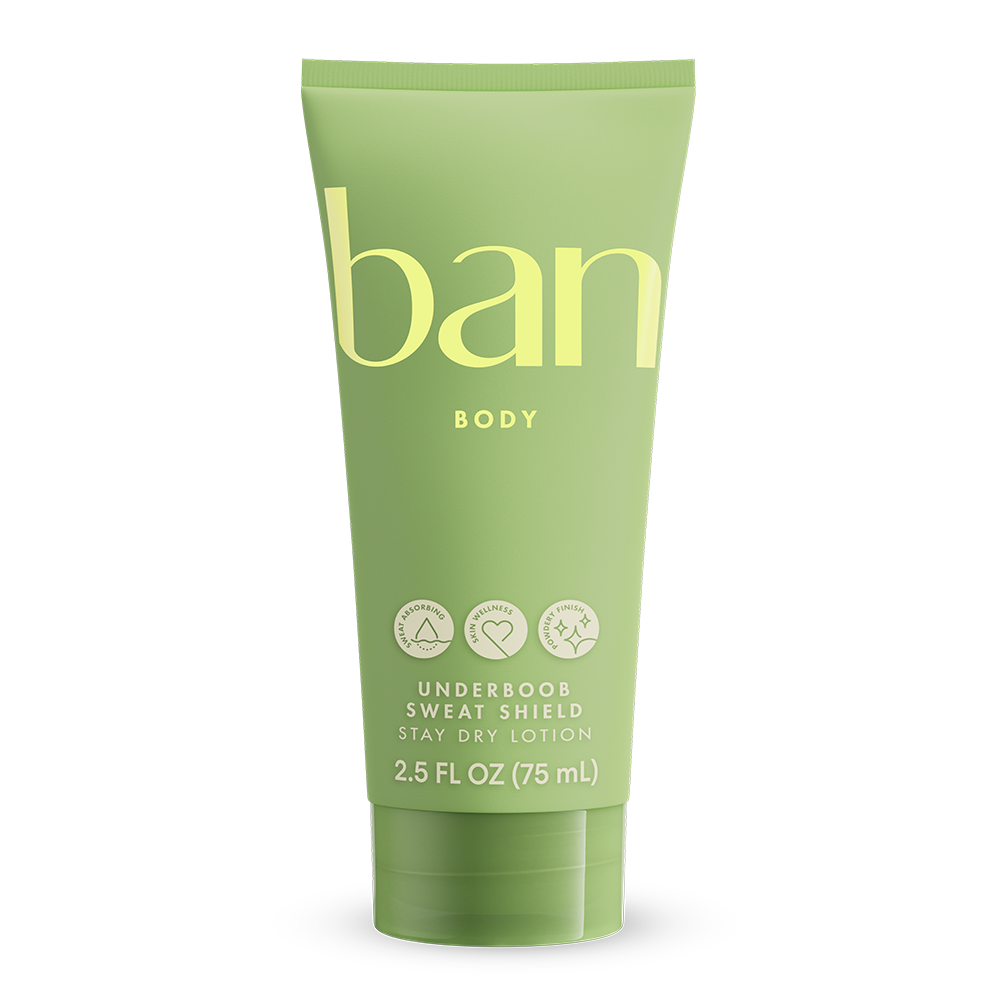Why Do My Armpits Sweat And How Can I Stop It?

Most people find sweat annoying for two reasons — the odor and excess moisture. Both can impact your confidence and comfort. They can also affect the impression you leave on others. If you're wondering how to stop sweating underarms, keep reading. This guide explains the mechanics behind armpit sweat, plus how you can keep it under control.
Why Do My Armpits Sweat?
Sweat isn't a bad thing. It's a normal part of living in your body and is designed to prevent overheating. Your nervous system triggers your body to sweat at certain times. With these two to four million sweat glands, your body has an efficient way to cool down.
Eccrine And Apocrine Sweat Glands
Your body has two types of sweat glands: eccrine and apocrine.
-
Eccrine sweat glands open onto your skin's surface, activated by your body's sympathetic nervous system.
-
Apocrine sweat glands link to hair follicles in certain parts of your body. They release sweat into the upper third part of each follicle. Apocrine glands don't fully develop until the beginning of puberty.
-
Eccrine glands activate when your internal temperature increases.
- Apocrine glands constantly release a fatty type of sweat. That sweat stays inside the gland tubule until it's released.
Why Some Sweat Produces Odors
Sweat consists of water — about 99%, to be precise — along with salt, ammonia, urea and lactic acid. Despite its primary composition, sweat can sometimes smell. A quick look at skin anatomy can explain why this happens.
Most sweat with body odor comes from the armpits. Apocrine sweat glands appear in denser concentrations in the underarm area. They produce a fatty type of sweat that stays in the glands' tubule walls. When something makes you sweat, such as hot weather or hormones, apocrine glands' tubule walls contract. This releases any fatty sweat that's already built up inside them.
Bacteria live all over your body, including near hair follicles on the surface of your skin. Some bacteria break down the fatty sweat released by your apocrine glands onto your skin. This process yields fatty acids and bacterial waste that lead to body odor.
Excessive Sweating And Hyperhidrosis
The amount of sweat produced varies from person to person. Hyperhidrosis can make your body produce too much sweat. This can occur even if you're not overheated or exercising. For some people, that excess sweat soaks through clothes or drips off the skin. If you suspect that you may have hyperhidrosis, your best bet is to consult your physician.
“Hyperhidrosis can make your body produce too much sweat. This can occur even if you're not overheated or exercising.”
No one can permanently stop sweating, but typical amounts of sweating are nothing to worry about. If you sweat too much for your liking, you do have options for reducing or eliminating it.
What Causes Armpit Sweat?
Armpit sweat can be caused by a variety of factors, and sometimes more than one may be playing a part. Figuring out the cause can help you combat sweat in your everyday life.
-
Physical Activity: When you engage in physical activity, your muscles transform stored energy into heat. Your blood also circulates faster to supply nutrients and carry away waste products.
-
Weather: Hot weather can affect you, but so can being in a sauna or a room where the temperature's set too high. All these factors make your body temperature rise, so your eccrine sweat glands kick in to keep you cool.
-
Genetics: Some people are genetically predisposed to sweat more than the average person.
-
Hormones: Hormonal changes, such as during pregnancy or menopause, may also cause more armpit sweat.
-
Stress: Stress increases your body temperature and triggers sweating. Intense emotions, particularly fear and anger, can also ramp up sweat production.
-
Hyperhidrosis: Hyperhidrosis generates excess sweat because your nerves overstimulate your apocrine glands.
-
Spicy Food: You've probably noticed that you sweat more when consuming some foods and drinks. Spicy foods contain capsaicin, a chemical that adds a flavorful kick. Capsaicin also activates the nerves that raise your body temperature and cause more sweating.
-
Caffeine and Alcohol: Coffee is a common source of caffeine, which revs up your central nervous system. It also stimulates your sweat glands. Alcohol is another culprit — it raises your heart rate and causes blood vessels inside your skin to widen. As a result, you start sweating more after having a few drinks.
-
Cold or Flu: Your body temperature rises when you're ill because your immune system fights infections. The resulting fever triggers sweating to prevent you from overheating.
-
Smoking: Nicotine use boosts the production of acetylcholine. This neurotransmitter increases your heart rate, blood pressure and body temperature. Unsurprisingly, it also kicks sweat gland activity into a higher gear.
-
Tight Clothing: It inhibits airflow around your body and prevents you from staying cool.
- Night Sweats: If you've noticed that you wake up hot and sweaty at night, you're not alone. Your body's heart rate and temperature decrease a little as you sleep. Cooler room temperatures encourage restful sleep, but a hot room can make you uncomfortable. In some cases, hyperhidrosis can lead to night sweats without any obvious cause. If this is the case, you should talk to your physician.
How Can I Reduce Armpit Sweat?
No one likes smelly armpit sweat, but you can do something about it. Take a look at some useful tips on how to not sweat as much:
1. Use antiperspirant deodorant. Antiperspirant's chief purpose is inhibiting sweat before it can form. For best results, apply antiperspirant to your armpits when they're clean and dry.

2. Shave your underarms regularly. Moisture, oil and odor tend to cling to body hair. By shaving under your arms, you reduce the likelihood of body odor. Antiperspirant can also more easily reach your sweat glands.
3. Drink plenty of fluids. Staying hydrated helps your body's thermoregulation system. Besides water and other fluids, you can eat foods with high water content, like strawberries, bell peppers and cucumbers.
4. Explore relaxation techniques. Meditation, yoga and biofeedback are some popular options. These can help you better respond to stress and reduce excess sweating.
5. Use astringents. Look for over-the-counter products containing tannic acid. Applying these to your underarms can help constrict the sweat glands.
6. Shower or bathe every day. This reduces the number of bacteria under your arms.
Hyperhidrosis Treatment Options
Hyperhidrosis might be a little harder to fix on your own, but solutions exist to relieve your discomfort. Some beneficial treatment options to explore:
-
Prescription creams inhibit nerve signals that activate your sweat glands. Side effects may include blurred vision, bladder issues and dry mouth.
-
Nerve-blocking medications containing glycopyrrolate may treat hyperhidrosis on the face and head.
-
Botulinum toxin injections block the nerves that trigger sweating for a short time. Treatments last six to 12 months and may include side effects like pain and temporary muscle weakness at the injection site.
-
Microwave therapy targets microwave energy to destroy sweat glands. Treatments can be expensive and require multiple sessions.
- Sweat gland removal is another option. Your medical provider may perform major surgery or a minimally invasive procedure called suction curettage.
Managing Sweat And Body Odor
While sweating is a natural biological function, there are ways you can reduce sweat to stay cleaner and drier. Applying antiperspirant deodorant, healthy lifestyle choices and good hygiene habits can control it. Medical treatments may help manage conditions such as hyperhidrosis. With so many options available, cool confidence is within your reach.
